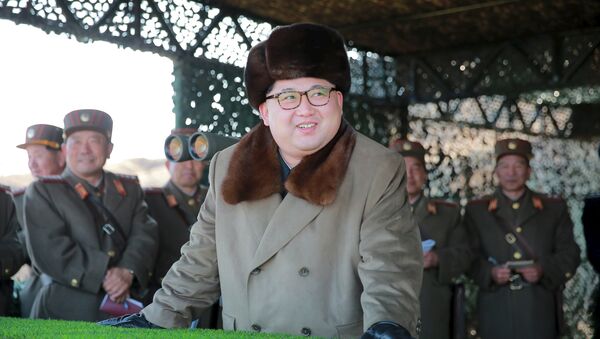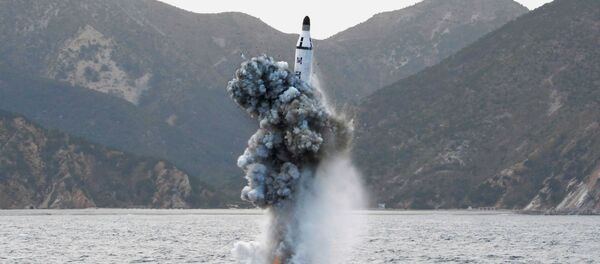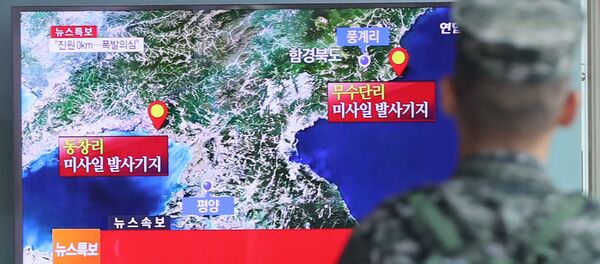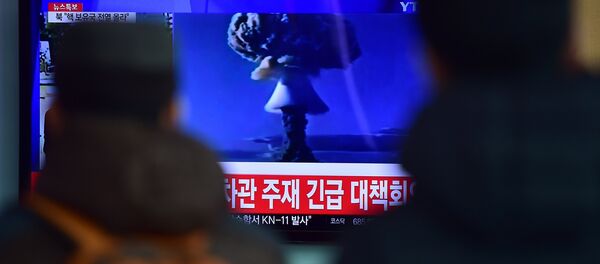Commenting on American defense strategies at the Hoover Institution in Washington DC, Carter said, "The slogan of US Forces Korea, many of you probably know, is ‘fight tonight.’ Not because that’s what we want to do, but because that’s what we have to be able to do and we are ready to do."
He added that, "It’s not a game."
Carter’s comments come two weeks after Pyongyang successfully completed a fifth nuclear test, which, according to state-owned media, now equip the nation with "a variety of smaller, lighter and diversified nuclear warheads of higher strike power."
South Korean President Park Geun-hye said the tests were an example of DPRK leader Kim Jong-un’s "maniacal recklessness" and warned that this "grave challenge" to the penalties leveled against North Korea would "only earn more sanctions and isolation" for the country.
Currently some 25,800 Americans troops are stationed in South Korea to help fend off a potential offensive from Pyongyang. Carter noted this and stressed the importance of international allies supporting each other to ensure regional and international peace.
"We have a very strong presence there. Our South Korean allies get stronger every day," he said, offering that, "We have a strong ally in Japan. But, unfortunately, the diplomatic picture is bleak. We continue to be open to an improvement in that, try to get Russia and China and others interested down that road but it’s hard to project that that’s where it’s going.. for me, as far as into the future as I can see, we need to stand strong in deterrence."
In a September 9 statement, US President Barack Obama denounced the tests as a "grave threat to regional security and to international peace and stability," pointing out that, "North Korea stands out as the only country to have tested nuclear weapons this century."
Obama condemned the DPRK’s "disregard for international norms and standards," and remarked, "North Korea's provocative and destabilizing actions have instead served to isolate and impoverish its people through its relentless pursuit of nuclear weapons and ballistic missile capabilities."
The Council of Foreign Relations has criticized the Obama Administration’s "strategic patience" with the North Korean government, stating in a report that if the light touch adopted by the US with regard to Pyongyang continues, "current trends will predictably, progressively, and gravely threaten US national security interests and those of its allies."
Defense Secretary Carter described the difficulty of dealing with the North Korean issue, alongside campaigns concerning Daesh, Iran and Russia, and suggested that investing in missile defense was the way to "stay ahead" of a nuclear threat.
Carter stated, "Missile defense is a difficult thing. When it comes to a major nuclear threat like that posed by Russia, we know and we have long known we have no way to protect ourselves except deterrence, but we don’t accept that with respect to North Korea and we’re not going to for as long as we can possibly avoid it. So, we do aspire to protection of ourselves and we invest a lot in trying to stay ahead of what they’re doing."





